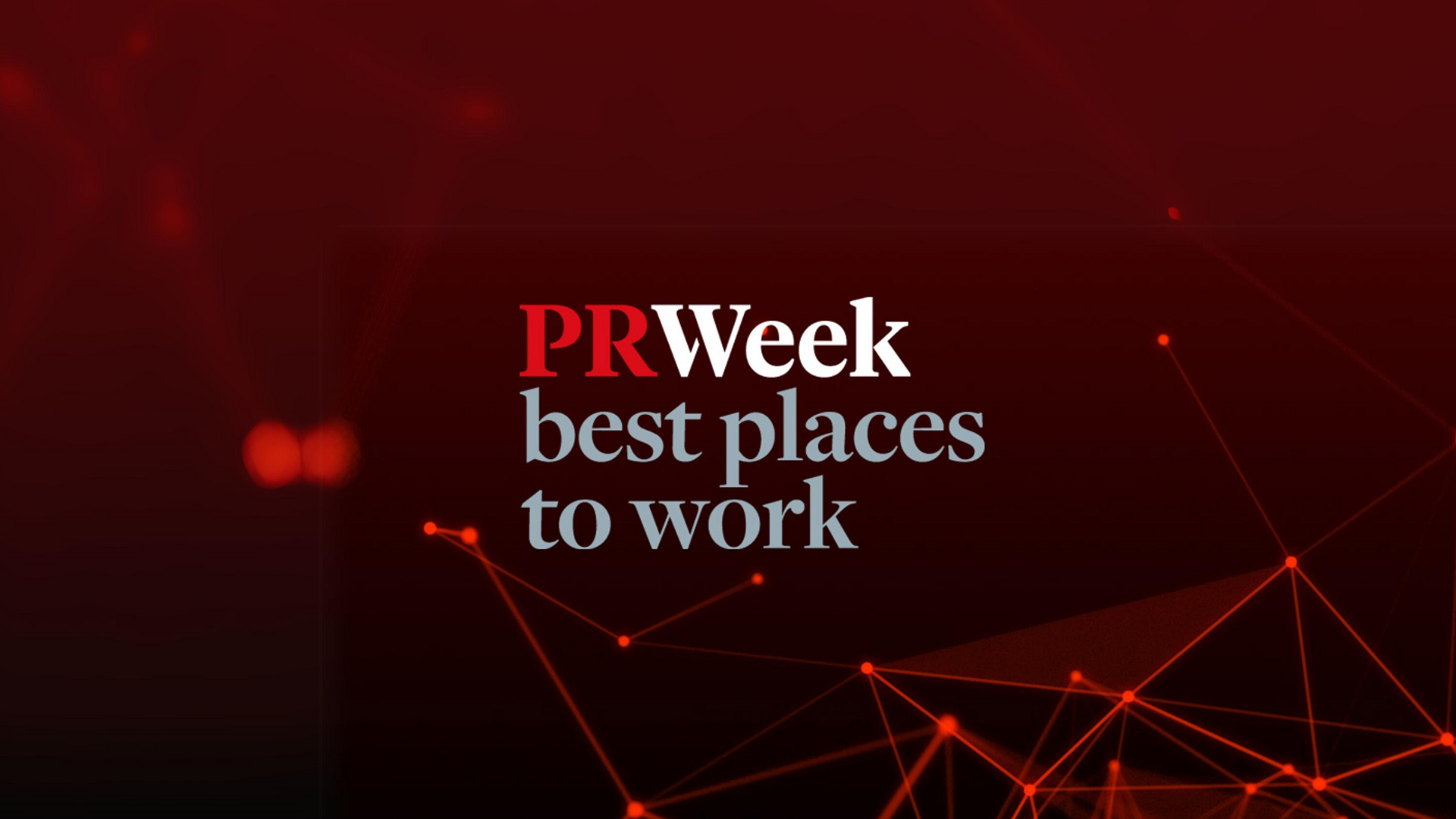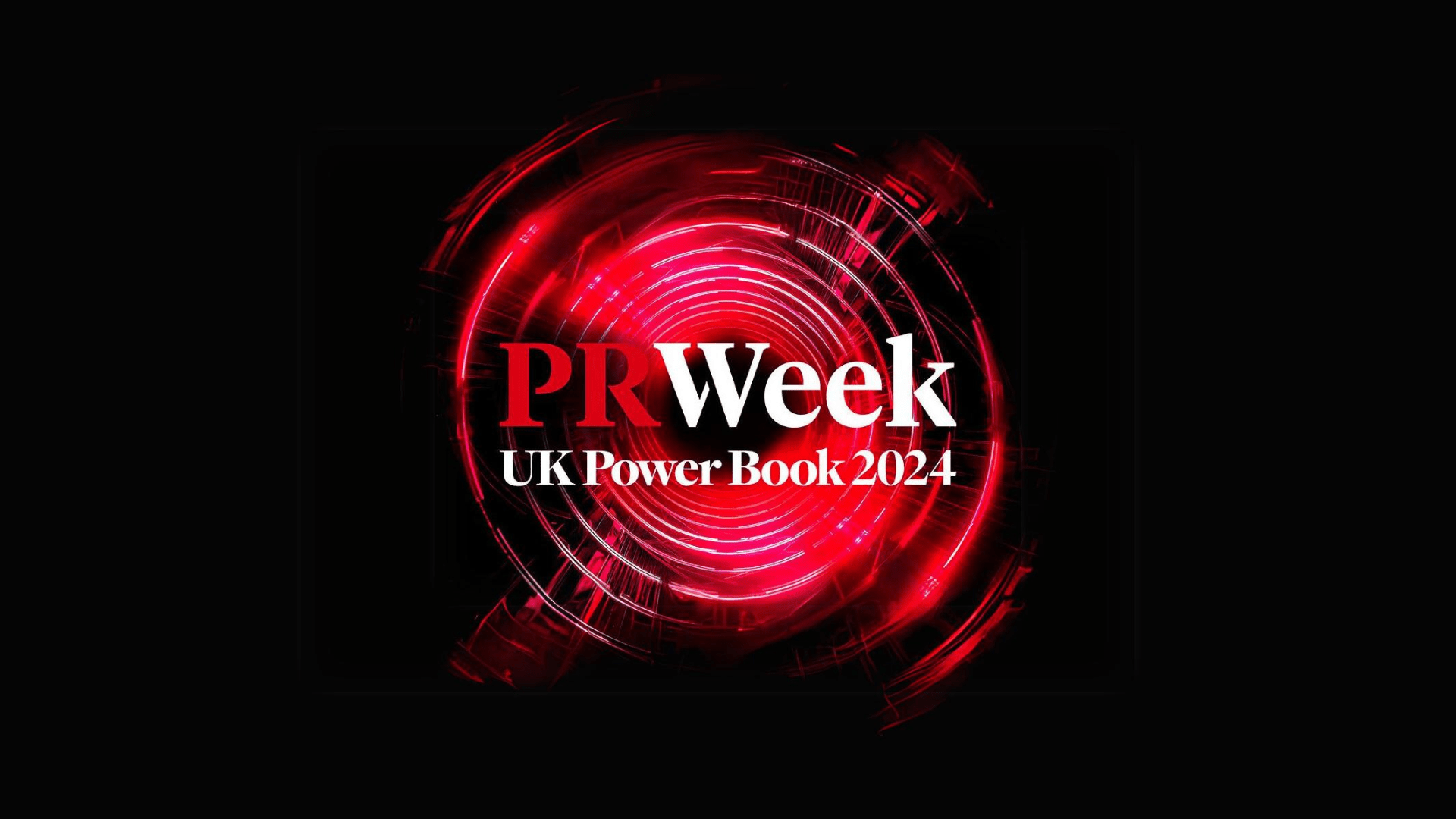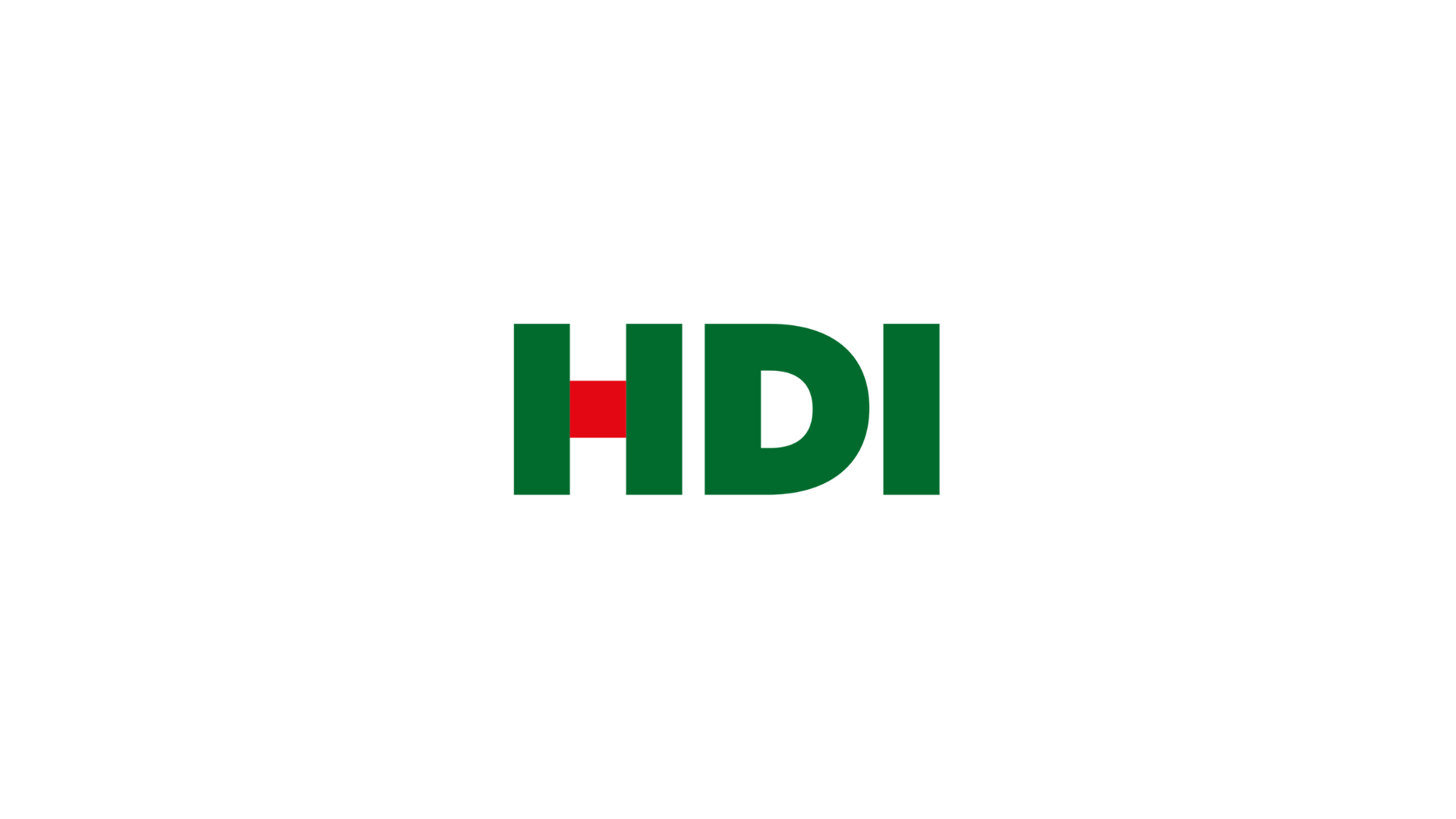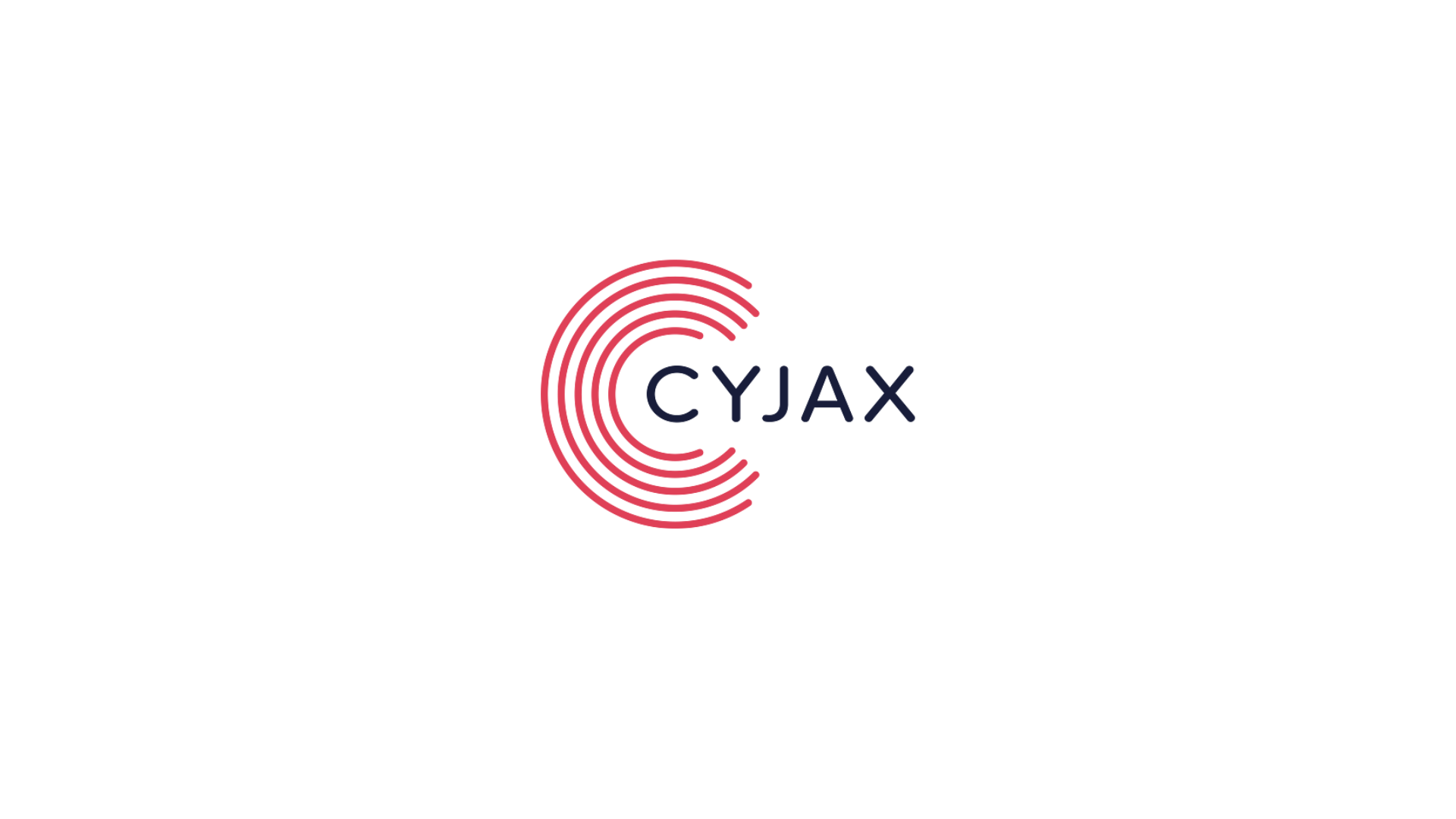What trends are driving the biggest changes for fintech?
Twelve months ago this question would have had a very different response, but I think it can be summed up in terms of supply and demand. On the supply side, the funding landscape, especially for fintech startups and new entrants, has changed dramatically. Cash runways are running short – and it’s often the larger fintechs feeling that pinch more, and appetite for investment is changing. Long story short cash is not as cheap as it was, and some very real sustainability questions are being asked at a lot of companies now. Even amongst the largest fintechs, we’ve seen some massive hits in share prices and a lot of organizations undergoing big staff cuts, much like in the broader tech space. Finance, scandals, and questions on scalability and sustainability mean the tone in fintech has changed a lot. The focus now is on stability, security and good governance. It’s a vibe shift, including in their market messaging, which I think we’ll see sticking around for a while. On the Demand side, however, what’s changed is pretty much nothing. Banks and their customers, from corporates to consumers, are all after better, faster, smarter and more digital banking and payment capabilities. If anything, recent market turbulence only increases this demand. So while we may still be in a fintech winter, the shoots of fintech spring are right there.
What are the biggest challenges your clients are facing?
We work with a lot of banks and payment providers, and the biggest challenges still seem to revolve around resources and prioritising new technology developments. Budgets are coming under a lot of pressure even as demands for modernization show no signs of slowing down. The good news is a lot of banks, and financial institutions are getting smarter at working with fintechs. About two-thirds of institutions we surveyed either have or will soon have a dedicated fintech partnership team in place. This in turn, creates more structure and best practices for them to work with fintech making those processes easier and lowering that total cost of engagement. The trick for fintechs will be to understand what these processes and best practices are and ensuring they can meet FI’s on their own turf.
What does good analyst relations look like to you?
To be honest, I think it’s just simply having a human touch and getting both sides to know each other a bit. We have to keep our editorial independence, and that’s critical otherwise, we lose all credibility, and that helps no one, but interactions and conversations don’t have to be overly rigid and formal. I’m actually a big fan when people share their shower thoughts. Maybe it’s just a random brainstorming idea or a quick ask of what we think of something in the news and so on. It’s actually really helpful for us. It’s a great way for analysts to know what’s on their clients’ and vendors’ minds. I appreciate that it can be hard to scale across lots of analysts, but don’t be scared to ask us questions or poke us to see what’s on our minds. Likewise, on incoming requests, a quick chat or message can make all the difference.
Biggest AR horror story
I won’t name names, but it happens worryingly often that people mistake analysts as an extension of their marketing and PR departments. We often send profiles or analysis to relevant vendors for fact-checking, and we’re literally looking to ensure it’s factually accurate, we’re not missing anything, or revealing commercially sensitive information. It’s a real bugbear when documents come back to us essentially written with the worst sort of marketing speak that would be a real dereliction of duty for us to publish! The other one is just unmanaged expectation setting on both sides. So we, the analysts, go into a briefing expecting a full briefing and ready to listen and take notes, only to jump on a call and the vendor just says ‘Fine what do you want to know – What are your questions?’ Forewarned is forearmed in making briefings effective!
















